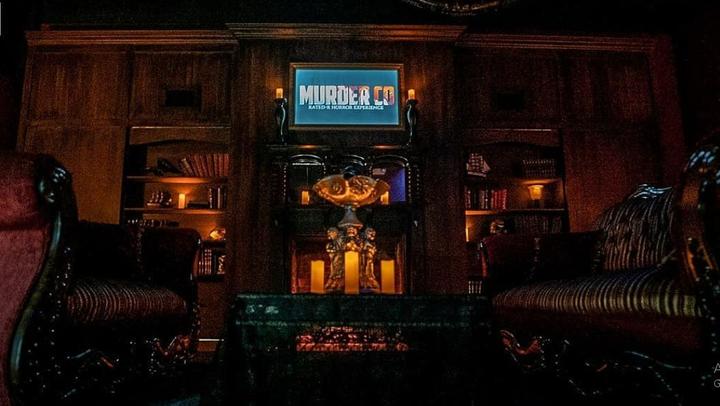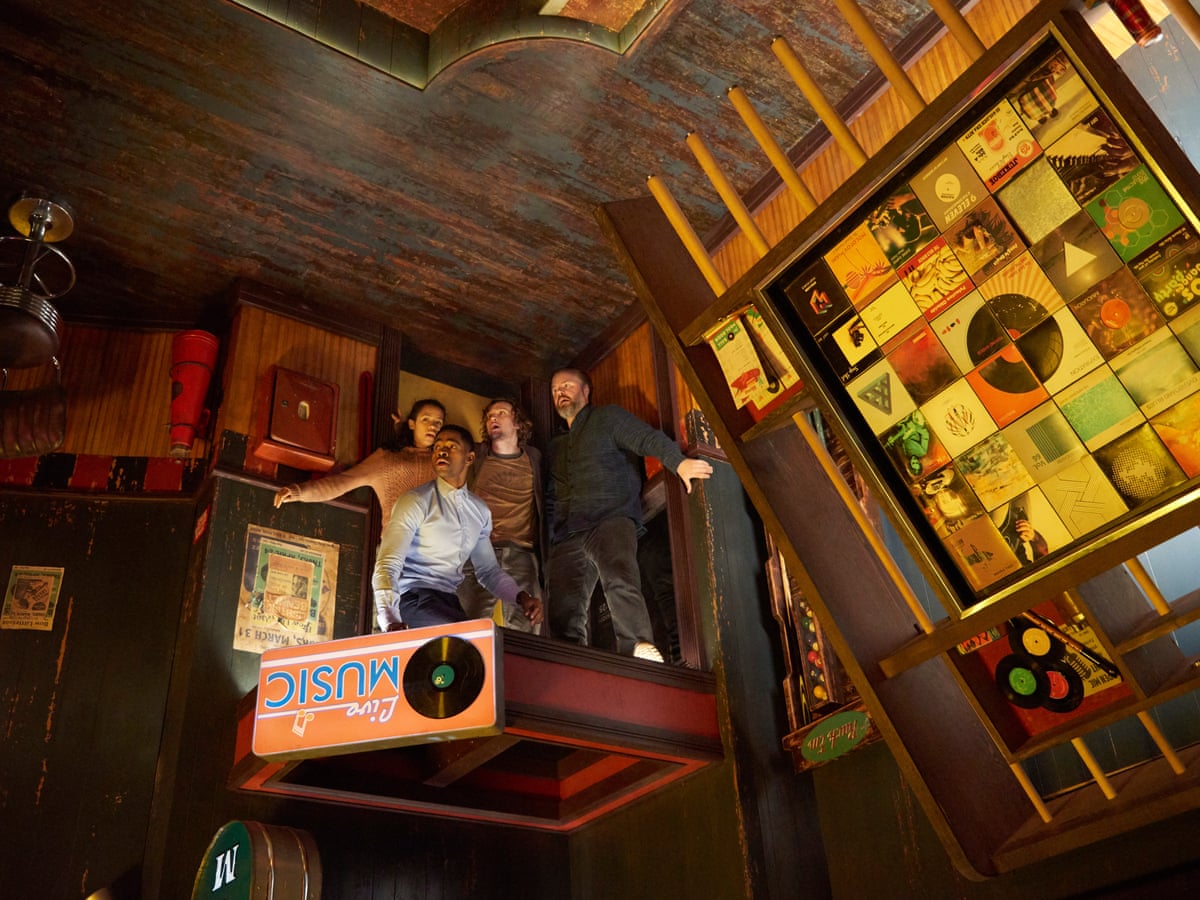Team Activities at Minneapolis Escape Room-- Perfect for Friends and Family members
Team Activities at Minneapolis Escape Room-- Perfect for Friends and Family members
Blog Article
Team Methods: How to Work together Efficiently in an Escape Area
Teams have to proactively pay attention to each member's insights, appoint functions that align with specific staminas, and maintain regular check-ins to make sure focus and avoid redundancy. By cultivating a setting that values cohesion and flexibility, teams can dramatically increase their performance and success rates.
Establish Clear Interaction

To promote clear communication, it is essential to mark a central factor of get in touch with for details dissemination. This duty includes summing up findings and recommended techniques to make certain everybody continues to be on the very same page. In addition, adopting an organized method to conversations can prevent disorderly exchanges. Short, concentrated updates from each team member can maintain the group notified without frustrating them with details - best escape room.

Designate Roles Purposefully
While clear communication establishes the foundation for efficient synergy, appointing functions purposefully ensures that each staff member's toughness are utilized properly. In an escape area scenario, the time-sensitive and intricate nature of challenges demands an efficient strategy to task delegation. By determining and leveraging specific expertises, groups can enhance their analytical capacities and boost total performance.
A person with a keen eye for detail might excel in discovering concealed items, while a sensible thinker can be much better matched to solving challenges. This function usually calls for solid organizational and interpersonal skills.
Second, make sure that duties are flexible and adaptable. As brand-new difficulties arise, the group needs to be able to pivot, reapportioning tasks as required. This flexibility helps maintain momentum and prevents bottlenecks that can happen as a result of stiff role projects.
Ultimately, a tactical method to role assignment not just maximizes the strengths of each group member yet also promotes a natural setting, driving the group towards a successful getaway.
Utilize Diverse Skills
Identifying and using the varied skills within your group can considerably boost your performance in a retreat area. Each staff member brings special toughness to the table, and effectively leveraging these abilities can accelerate analytic and enhance overall effectiveness. For instance, a staff member with solid logical skills may excel at analyzing intricate codes or patterns, while another with keen empirical abilities may rapidly find hidden ideas that visit the site others could overlook.
Urge group participants to articulate their understandings and concepts immediately, ensuring that all possible services are thought about. Additionally, assigning tasks that line up with each participant's strengths can protect against traffic jams and make sure that development is constant.
In addition, diversity in abilities commonly converts to variety in assuming designs, which is important in a retreat area setup. While some challenges may need sensible thinking and accuracy, others could gain from imaginative and association of ideas. By identifying and leveraging this variety, teams can resolve a broader series of challenges extra properly, therefore boosting their opportunities of an effective getaway.
Manage Time Properly

Determine noticeable challenges and split jobs based on group participants' strengths, guaranteeing that no one is still. This practice can help maintain the team concentrated and stop time from sliding away undetected.
In addition, stay clear of passage vision. If a problem is taking as well long, rotate staff member or go on to an additional challenge, returning later with fresh perspectives. Interaction is extremely important-- maintain everyone upgraded on addressed puzzles and you can look here continuing to be tasks to stay clear of redundant initiatives.
Last but not least, make use of any type of tips or hints moderately but tactically - best escape room. Understanding when to request for aid can save important time. By adhering to these time monitoring concepts, teams can significantly improve their chances of an effective and enjoyable retreat space experience
Debrief and Reflect
Reflection is an essential facet of group development and enhancement in the context of retreat spaces. Once the challenge is completed, whether efficiently or not, it is essential for the team to involve in an organized debriefing session. This procedure permits team participants to examine their performance, determine company website staminas, and pinpoint locations for improvement.
Start the debrief by reviewing what worked out. Highlight certain circumstances of efficient interaction, problem-solving, and collaboration. Recognizing these favorable habits enhances them and urges their repeating in future difficulties.
Go over moments of confusion, miscommunication, or inefficient approaches. Encourage an open and positive discussion where team participants can share their point of views without concern of criticism.
Conclusion
Finally, successful cooperation in a retreat area is predicated upon clear interaction, strategic duty jobs, the efficient use of varied skills, and proficient time monitoring. Normal check-ins and structured debriefings are necessary for preserving focus and fostering continuous improvement. By developing a cohesive and adaptive team atmosphere, the probability of effectively addressing problems and accomplishing the goal of getting away the room is significantly enhanced. This approach not only ensures success but also advertises cumulative growth and understanding.
Report this page